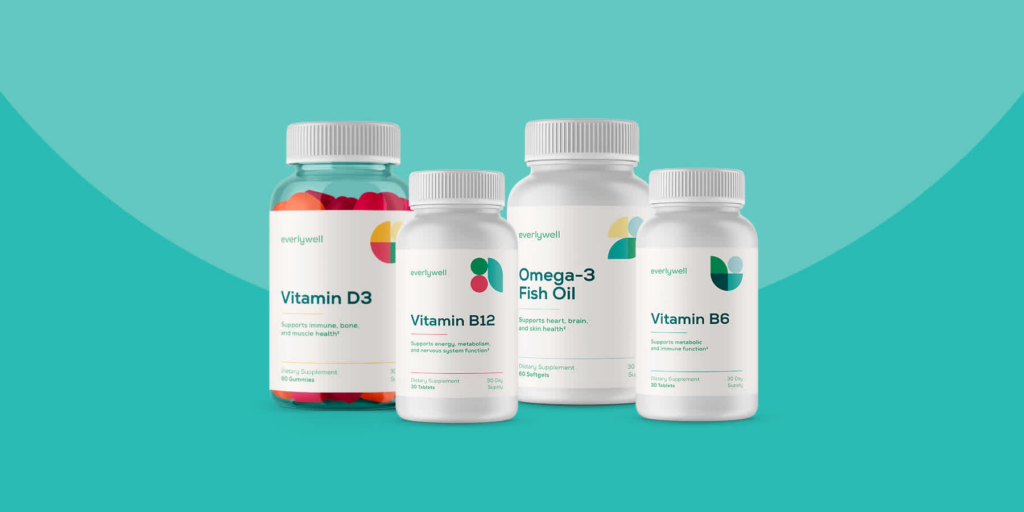Here are 6 vitamins that can have a significant impact on your life

1. Vitamin A
Vitamin A is important for vision, skin health, and the immune system. It also helps with reproduction and development.
Foods rich in vitamin A include carrots, sweet potatoes, spinach, leafy greens, orange and yellow fruits, and red meat.
2. Vitamin C
Vitamin C is an antioxidant that helps protect cells from damage. It is also important for the formation of collagen, which is a protein that keeps skin, bones, and blood vessels healthy.
Foods rich in vitamin C include citrus fruits, peppers, tomatoes, strawberries, and leafy greens.
3. Vitamin D
Vitamin D is important for the absorption of calcium and phosphorus, which are essential for bone and tooth health. It also helps the immune system function properly.
Vitamin D is produced in the skin when exposed to sunlight. However, many people do not get enough vitamin D from sunlight, so it is important to get it from foods or a supplement.
Foods rich in vitamin D include fatty fish, such as salmon, tuna, and mackerel; eggs; and fortified dairy products.
4. Vitamin E
Vitamin E is an antioxidant that helps protect cells from damage. It is also important for heart and blood vessel health.
Foods rich in vitamin E include nuts, seeds, vegetable oils, leafy greens, and fruits.
5. Vitamin K
Vitamin K is important for blood clotting and bone health.
Foods rich in vitamin K include leafy greens, such as kale, spinach, and broccoli; dairy products; and red meat.
6. Folic acid
Folic acid is important for the formation of red blood cells and nerve health. It is also important for pregnant women, as it helps prevent neural tube defects in the baby.
Foods rich in folic acid include leafy greens, beans, lentils, oranges, and raisins.
If you think you may have a vitamin deficiency, talk to your doctor. Your doctor can recommend tests to determine if you have a deficiency and can prescribe a supplement if necessary.
In addition to getting enough vitamins from your diet, you can also help boost your vitamin levels by taking supplements. However, it is important to talk to your doctor before taking any supplements, as some can interact with medications or cause other health problems.
Additional information
The recommended daily intake (RDI) for vitamins varies depending on your age, sex, and overall health. You can find the RDI for vitamins on the National Institutes of Health website.
If you are concerned about your vitamin intake, talk to your doctor. Your doctor can help you determine if you are getting enough vitamins from your diet and can recommend a supplement if necessary.





